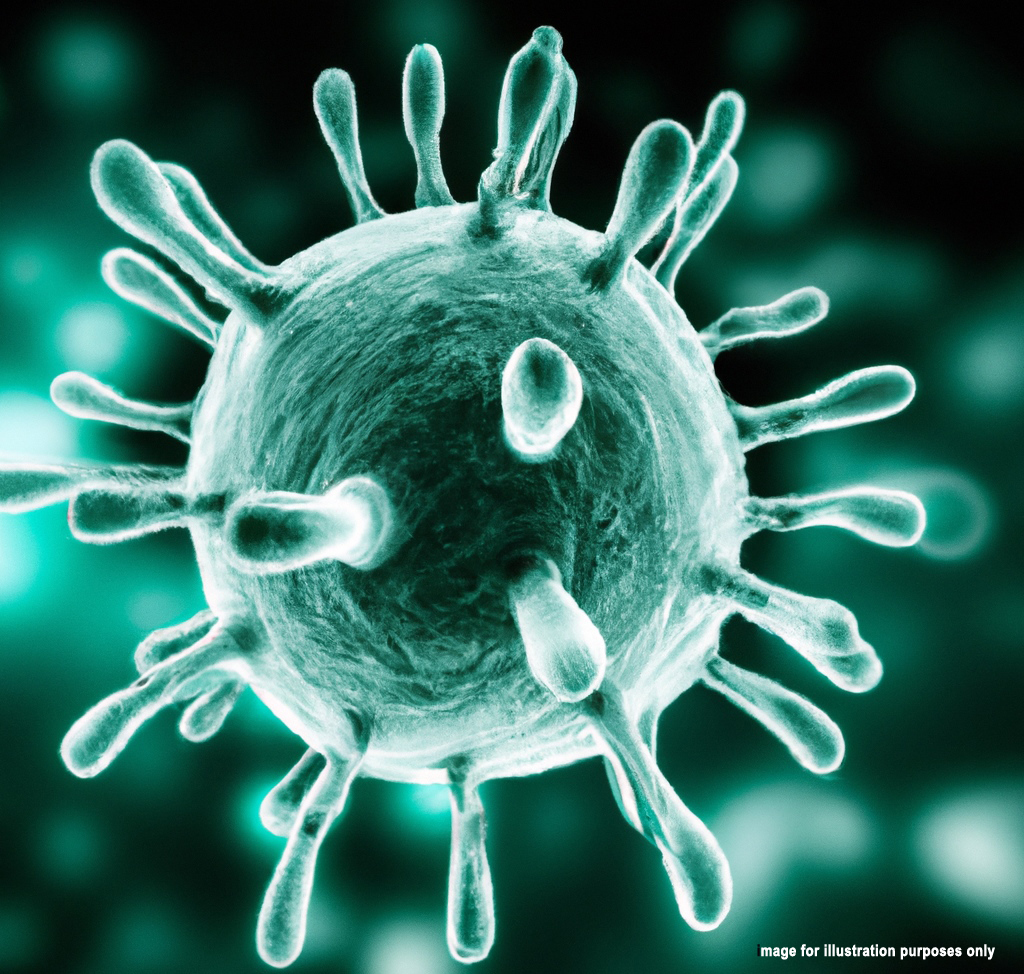Middle East Respiratory Syndrome (MERS-CoV)

Symptoms
MERS-CoV infection can manifest along a wide clinical spectrum, ranging from
no symptoms (asymptomatic) or mild respiratory symptoms to severe acute
respiratory disease and mortality. Common symptoms of MERS-CoV disease
include fever, cough, and shortness of breath. While pneumonia is frequently
observed, it is not always present.
Gastrointestinal symptoms, such as diarrhea, have also been noted. Severe
cases can progress to respiratory failure necessitating mechanical
ventilation and intensive care support. The virus tends to induce more
severe illness in older individuals, those with compromised immune systems,
and individuals with chronic conditions like renal disease, cancer, chronic
lung disease, and diabetes.
Approximately 35% of MERS patients have succumbed to the disease, though
this figure may not accurately reflect the true mortality rate, as mild
cases may go undetected by current surveillance systems. Until more data is
available, mortality rates are primarily calculated based on
laboratory-confirmed cases.
Source of the Virus
MERS-CoV is a zoonotic virus, meaning it is transmitted between animals and
humans. Research indicates that humans contract the virus through direct or
indirect exposure to infected dromedary camels. The virus has been detected
in dromedaries across various countries in the Middle East, Africa, and
South Asia.
While the exact origins of the virus remain unclear, genetic analyses
suggest that it may have originated in bats and later transmitted to camels.
Transmission
Animal-to-Human Transmission: The precise mode of transmission from animals
to humans is not fully elucidated, but dromedary camels serve as the primary
reservoir host for MERS-CoV and a source of infection in humans. Identical
strains of MERS-CoV found in humans have been isolated from dromedaries in
countries such as Egypt, Oman, Qatar, and Saudi Arabia.
Human-to-Human Transmission: The virus does not readily spread from person
to person unless there is close contact, such as providing unprotected care
to an infected individual. Instances of human-to-human transmission have
been observed in clusters, particularly in healthcare settings with
inadequate infection prevention and control measures. Although most MERS
cases have occurred in healthcare settings, sustained human-to-human
transmission has not been documented globally.
Prevention and Treatment
Currently, there is no vaccine or specific treatment available for MERS-CoV
infection, although several vaccines and treatments are under development.
Supportive care tailored to the patient's clinical condition forms the basis
of treatment.
As a precautionary measure, individuals visiting areas where dromedary
camels and other animals are present should adhere to general hygiene
practices, including regular handwashing before and after interacting with
animals. Avoiding contact with sick animals is advisable.
Consumption of raw or undercooked animal products, including milk and meat,
poses a high risk of infection from various pathogens. Proper cooking or
pasteurization ensures the safety of animal products, although they should
be handled with care to prevent cross-contamination.
Individuals with conditions such as diabetes, renal failure, chronic lung
disease, and compromised immune systems are considered at high risk of
severe MERS-CoV infection. These individuals should refrain from contact
with camels, consumption of raw camel products, or undercooked meat.
undo Common Diseases in Malaysia